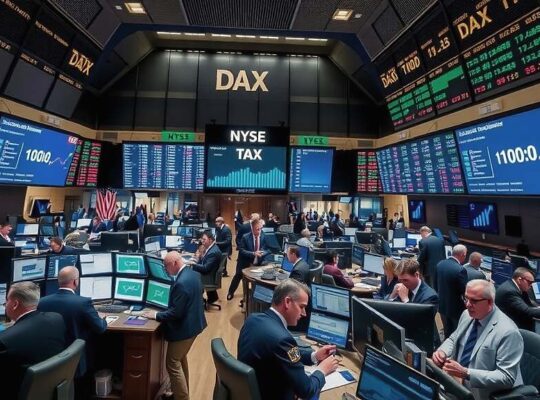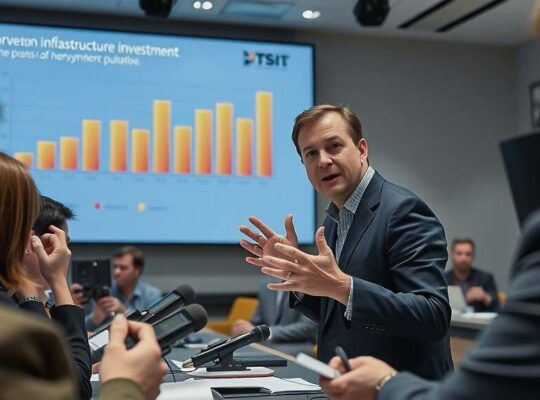The German labor market is signaling a deepening economic slowdown, with significant contractions in job postings across several traditionally high-growth sectors, a trend exacerbated by the accelerating integration of artificial intelligence into workflows. Data released by leading job platforms, reported by “Welt am Sonntag”, reveals a persistent decline in available positions stretching back approximately three years, culminating in a notably sharp drop in recent comparisons.
Indeed reports a year-on-year decrease of nearly twelve percent in job postings. Notably, this downturn disproportionately impacts highly skilled professionals. Human resources roles show a staggering 25% reduction in available positions, while marketing and software development have seen declines of 19% respectively. The shift represents a significant challenge for jobseekers, who now face heightened competition and must expend considerably more effort in the application process.
Stepstone’s data paints a similarly concerning picture. A 61% drop in advertising-related job postings between 2019 and 2024 has been observed, with public relations and marketing experiencing losses of 36% each.
Perhaps most surprisingly, the information technology sector, traditionally a powerhouse of job creation, has also reported a 35% decrease. Stepstone specifically cites software developers and system administrators as being affected, attributing the decline to the increasing automation and streamlining of tasks through technological advancements. The trend mirrors observations in marketing and communication roles, widely interpreted as an early consequence of the growing adoption of AI solutions within organizations.
While certain sectors are experiencing contractions, others are demonstrably thriving. Stepstone’s figures reveal a remarkable 417% increase in retail job postings since 2019, a surge of over 400% within the military and a substantial 236% rise in the social sector. The skilled trades (143% increase) and logistics (137% increase) have also registered significant growth.
The divergent trends raise crucial questions about the shifting priorities of the German economy and the long-term implications of automation. The robust growth in traditionally lower-skilled sectors, coupled with the decline in high-tech and professional roles, could exacerbate existing inequalities and necessitate proactive government policies focused on reskilling and social safety nets. The accelerated integration of AI is demonstrably reshaping the landscape of German employment and the need for strategic adaptation is becoming increasingly urgent. The long-term ramifications for the German workforce remain to be seen.












